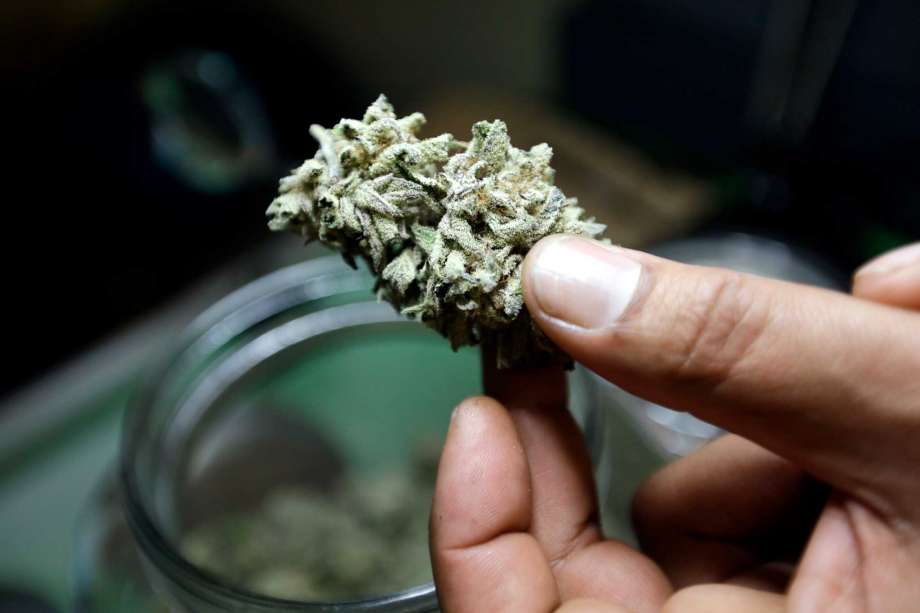Hartford – The new age of marijuana research in Connecticut begins in less than a week, when the Department of Consumer Protection begins taking applications for proposals to expand job opportunities and possibly set new standards for the plants and their hundreds of active ingredients.
The new program, part of several new state laws that will also allow children to participate in the medical-marijuana protocol, was approved earlier this year and signed into law by Gov. Dannel P. Malloy.
The agency expects that scientific studies will help quantify the effects of medical marijuana for treating qualifying conditions. One of the stumbling blocks in the states medical cannabis program has been the relative reticence of the Connecticuts 7,000 physicians to join the program, which employs 259 people in the state.
There are 13,440 patients and 536 doctors enrolled.
Hospitals, colleges and universities, health care facilities, licensed medical marijuana producers and dispensaries are eligible to apply for the new scientific status.
We are excited to have serious research take place in Connecticut and look forward to approving any proposal that meets our requirements, said Michelle Seagull, the Consumer Protection deputy commissioner who helped write the 2012 regulations that set up the states so-called pharmaceutical model, the first in the nation that has pharmacists running six dispensaries and consulting with patients on the chemical profile that best addresses their ailments.
The states medical marijuana program is not only providing patients suffering from serious diseases, and their doctors, an alternative treatment option, its creating good jobs in the state, said Jonathan Harris, the DCP commissioner. With this new research program, Connecticut could become the focal point for medical cannabis research and add to the strong bio-tech base already here.
Currently, the program is open to patients with cancer, glaucoma, HIV/AIDS, Parkinsons disease, multiple sclerosis, spinal cord injuries, epilepsy, cachexia, wasting syndrome, Crohns disease, post-traumatic stress disorder, sickle cell disease, post laminectomy syndrome with chronic radiculopathy, severe psoriasis and psoriatic arthritis, amyotrophic lateral sclerosis, ulcerative colitis and complex regional pain syndrome.
On Oct. 1, new debilitating conditions will be added, including cerebral palsy, cystic fibrosis, irreversible spinal cord injury with objective neurological indication of intractable spasticity, terminal illness requiring end-of-life care, and uncontrolled intractable seizure disorder.
On the same day, minors will be allowed to join the program without use of smokable forms of the drug, if they met the criteria limited to cerebral palsy, cystic fibrosis, irreversible spinal cord injury, severe epilepsy, terminal illness, and uncontrolled intractable seizure disorder.
More information on submitting a research proposal can be found on the Department of Consumer Protections website.

News Moderator: Katelyn Baker
Full Article: State Hopes Marijuana Studies Will Yield Beneficial Results
Author: Ken Dixon
Contact: CT Post
Photo Credit: Elaine Thompson
Website: CT Post





